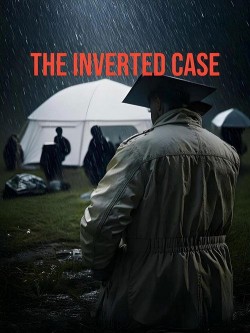
The X Factor
"The X Factor" is a Simon Cowell-created and FremantleMedia North America/SYCOtv-produced American reality television music competition that airs on Fox. Adapted from the original UK show, this spinoff of The X Factor pits aspiring singers against each other in a battle for viewers' votes. Seasons one and two winners receive a $5 million recording contract with Cowell's record label Syco Music, while season three winners receive a $1 million contract with the label. First, we had Melanie Amaro, and then Tate Stevens. The US version of the show premiered on September21,2011, and it has been broadcast every year since then, from September through December. The performances of the candidates are evaluated by a panel of judges on the show. There are four divisions for each contender. There are two categories: those who perform in groups and those who perform solo. There are four categories in season three: girls, boys and groups; those over the age of25; and those under the age of 18. During the live performances, each judge is allocated to one of the categories and serves as a mentor to the candidates in that category. They provide advice on song selection, stage design, and other aspects of the competition. To become the competition's winning judge, they compete with one another to help one of their category's contestants win the competition.
Read full
Genres:
Cast:
N/A
Production:
Country:
Duration:
N/A m

















Discussion